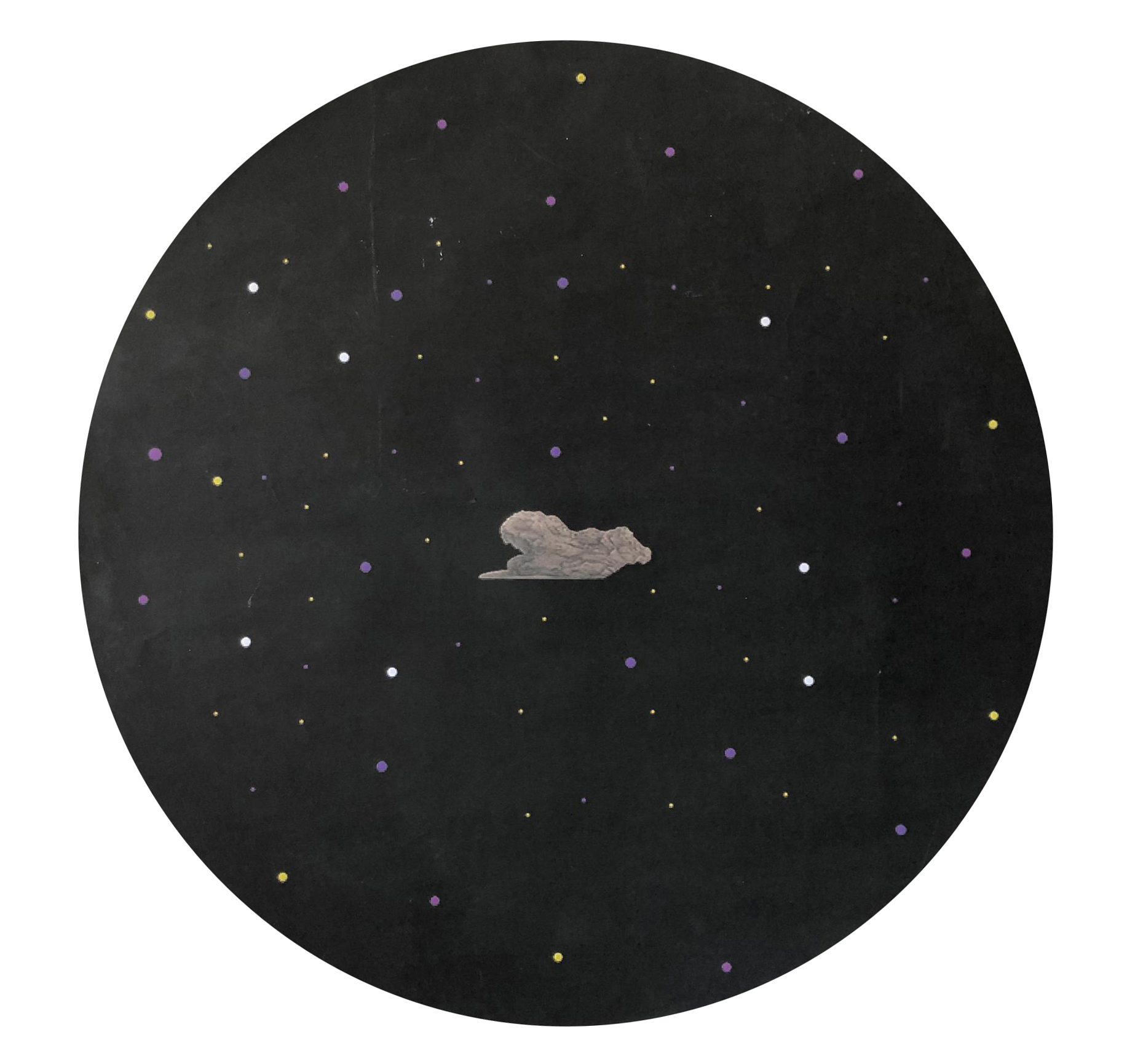Ink on cotton paper
2019


COSMOS
Sand + glass
in A Montanha como Metáfora
Faculdade de Belas Artes da Univeridade do Porto - FBAUP
Porto, PT
2019
ABOUT THE WORK -->>
Cosmos was created as a poetic map while I was projecting an imaginary museum (see Museu do Sertão) to contain all the utopia, dreams, memories and desires of freedom, love and transcendence cultivated by the peoples and cultures embodied in the region I was born. I named it “Cosmos” for its superlative ambition and intangible features, more of a poetic epiphany than a project of a museum. Later, I found the text “The Cosmos as a poem” by Jean Pierre Luminet:
The term of ‘cosmos’ is etymologically related to aesthetics – just as cosmetics. At the times of Homer and Hesiod, it was employed to describe the ornaments, physical or moral attraction, order, poetry, truth. Pythagoras and Plato adopted the word to indicate the whole universe. Consequently, the cosmos, associated with the logos, became synonymous with a majestic and imposing universe, governed by beauty, harmony, order, and understandable to human’s mind.

The first assamblage, 2019
The specific link between the scientific and artistic approaches of the universe is manifest in the explicit representations of the cosmos : celestial charts, the design of telescopes and measuring instruments, diagrams of world systems, all translate a deep aesthetic concern. From black limestone « kudurrus » appearing in old Babylonian cosmogonies to recent photographs of gravitational lenses taken by the Hubble Space Telescope, from medieval illuminated manuscripts on the creation of the world to XVIIth century uranographic atlases set in the baroque style, from the circular perfection of Ptolemaic astronomy to the foam of baby-universes spouted out of the quantum vacuum, the will to translate some kind of celestial harmony is omnipresent among thinkers of the cosmos. Harmony directly visible in the gold nails of the firmament, but especially invisible harmony, hidden in the secret beauty of the curves and equations of cosmic mechanics. As Heraclitus said : «
The most beautiful universe is a pouring out of sweepings at random. Nature likes to hide. The hidden harmony is better than the obvious. »
_Jean Pierre Luminet
in “The Cosmos as a poem”
Bolg Iluminesciences
** Cosmos (2019) is the precussor for TRANSIT (2023)

* Work created for the exhibition “Entremeios”, at Museu FBAU, Porto, Portugal